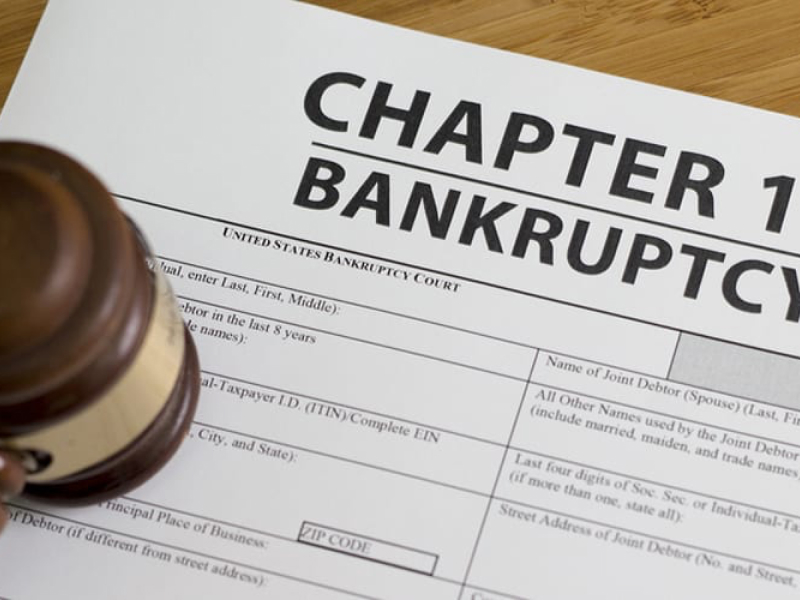Chapter 7 and Chapter 11 Proceedings

Chapter 7, referred to as the “liquidation” provision of the Bankruptcy Code, allows individuals, businesses, partnerships, stockbrokers, and commodities brokers to turn over nonexempt assets, if any, to the bankruptcy trustee who administers those assets to benefit the creditors of the Chapter 7 debtor.
In exchange for turning over nonexempt assets to the trustee, the Chapter 7 Debtor receives a discharge of debts. Chapter 7 may not be right for everyone. For example, an individual or business that is already judgment proof, that is who is not capable of paying a judgment, may not need to file for protection under Chapter 7. The key to a successful Chapter 7 proceeding is prebankruptcy planning. During the prebankruptcy planning, we assist the debtor in considering how the timing of the bankruptcy may impact exemption issues, discharge and dischargeability issues, lien and transfer avoidance, valuation issues, among other issues. We have assisted our clients in all aspect of the Chapter 7 case.
A Chapter 11 bankruptcy allows a business or in some cases, an individual, to reorganize if there is a viable business to reorganize. We excel as advising clients through the course of a Chapter 11 proceeding. In particular, we have advised single asset real estate businesses seeking and small business debtors seeking Chapter 11 protection. When Chapter 11 is not recommended for a client, we excel at advising clients to consider nonbankruptcy options, such as seeking refinancing options or other out–of–court workouts, settlement, and other alternatives that would be as effective as bankruptcy.


